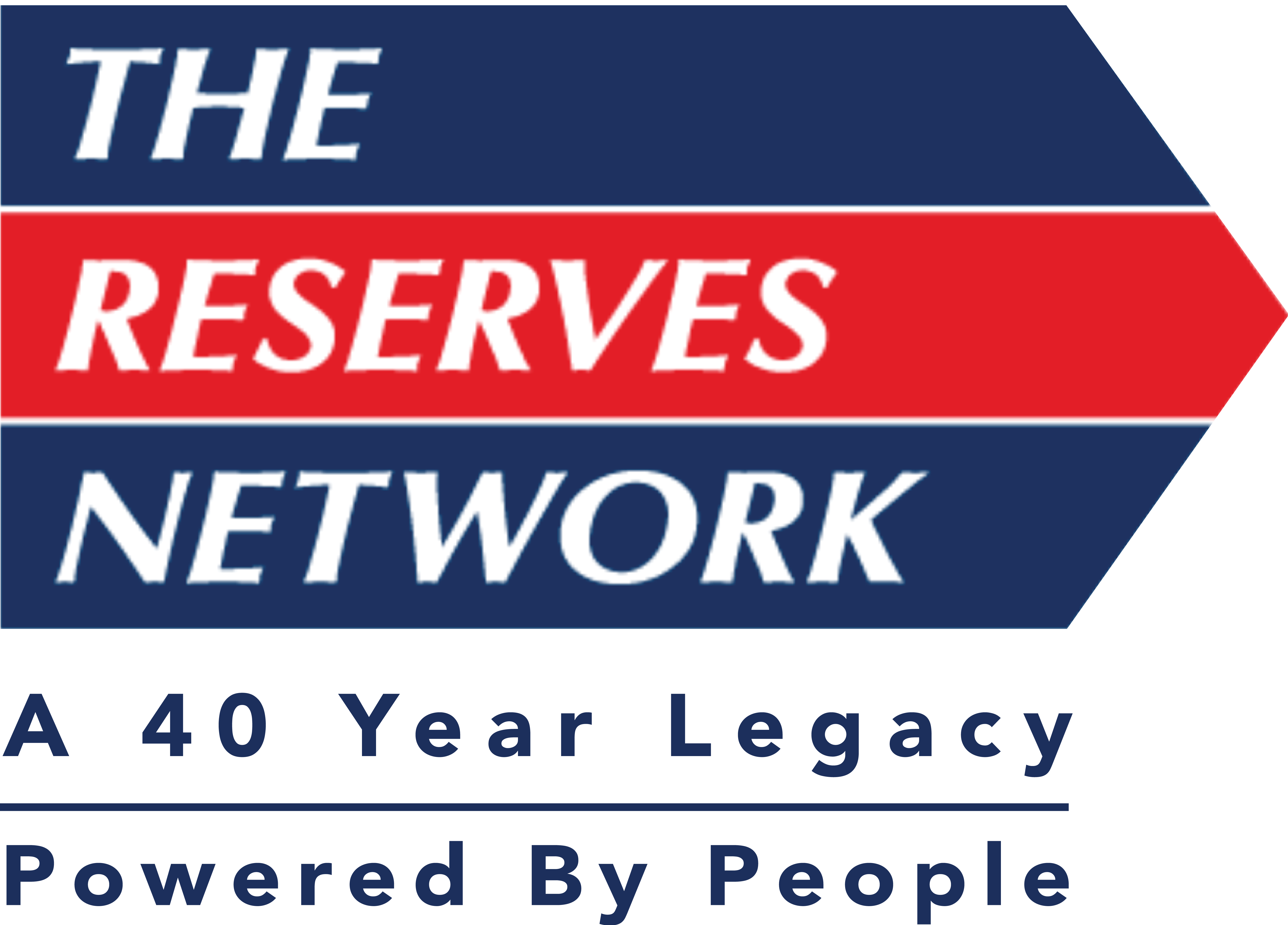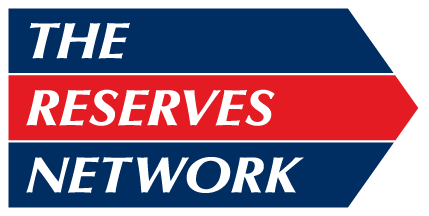Non-Traditional Career Paths: Beyond the Norm
Professionals today are redefining success, venturing beyond the norm into non-traditional career paths. The exploration of these avenues – freelancing, remote work, entrepreneurship, or gig economy engagements – is becoming increasingly prevalent. To navigate these uncharted territories successfully, a strategic approach and an openness to change are essential.
The Evolution of Professional Aspirations
Gone are the days when a linear climb up the corporate ladder was the primary definition of success. The evolving professional landscape now offers a diverse array of non-traditional career paths that cater to individual aspirations. Understanding and navigating these alternatives is key to crafting a career that aligns with your goals and values.
Entrepreneurship and Startups: Crafting Your Destiny
One of the non-traditional avenues gaining prominence is entrepreneurship and startups. The allure of building something from the ground up, bringing innovative ideas to life, and having the autonomy to shape your destiny has attracted many professionals. This path demands resilience, creativity, and a willingness to embrace the uncertainties that come with launching your venture.
Gig Economy: Where Flexibility Takes Center Stage
The gig economy has reshaped the way professionals engage with work. Embracing short-term projects, freelancing, or opting for part-time roles provides unparalleled flexibility. Professionals in the gig economy often enjoy the freedom to diversify their skills, explore various roles simultaneously, and maintain a work-life balance tailored to their preferences.
Remote Work: Redefining Work Boundaries
Advancements in technology have propelled remote work into the mainstream, challenging the traditional notion of the workplace. Professionals now have the freedom to work from anywhere, transcending geographical constraints. Remote work not only offers flexibility, but also opens doors to global collaboration, allowing individuals to tap into diverse perspectives.
Skills Over Degrees: A Shifting Paradigm in Hiring
Non-traditional career paths often prioritize skills and practical experience over formal degrees. This paradigm shift in hiring practices allows individuals to showcase their capabilities through portfolios, certifications, and real-world achievements. It’s a welcome trend for those who have gained expertise through hands-on experiences or alternative education roles.
Cultivating a Hybrid Career: Balancing Tradition and Innovation
For some, the ideal career lies in a hybrid approach that blends elements of both traditional and non-traditional paths. This might involve freelancing alongside a part-time job or pursuing passion projects in tandem with a conventional career. The hybrid approach enables individuals to enjoy a diversified professional experience aligned with their unique aspirations.
Exploration as a Catalyst for Growth
The allure of non-traditional career paths lies in the freedom to explore and redefine success on personal terms. This departure from the expected trajectory allows individuals to discover hidden talents, cultivate new skills, and shape a career that authentically aligns with their aspirations. It’s a journey where curiosity becomes the compass, guiding professionals towards fulfillment and growth.
In a world where professional terrain is ever-shifting, embracing non-traditional career paths is not just a choice; it’s a declaration of independence, a commitment to continuous growth, and an acknowledgement that success is a personal journey with limitless possibilities. Beyond the norm lies a landscape of opportunities waiting to be explored – a realm where optimism guides fulfillment, and unique paths become destinations worth pursuing. As you navigate these uncharted territories, remember that the key to success is not just the destination but the journey itself.


